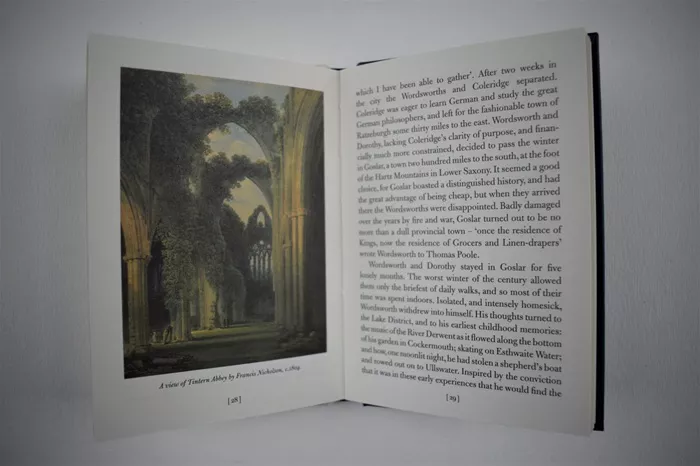Welcome to Poem of the Day – Memory by William Wordsworth
William Wordsworth is one of the most beloved poets of the Romantic era. He is best known for writing about nature, emotions, and the deep connection between the human soul and the natural world. Today’s featured poem, Memory, offers a touching reflection on how the past shapes our present feelings. In this article, we will explore the meaning, tone, and key ideas in Memory, using simple and clear language.
Memory Explanation
About the Poet: William Wordsworth
Before diving into the poem, it helps to know a little about the poet. William Wordsworth (1770–1850) was an English poet who believed that poetry should be a reflection of everyday life and feelings. He often found inspiration in nature and the quiet moments of the human experience. Wordsworth believed that memory was a powerful force that helped us connect with past joys and sorrows.
Overview of the Poem Memory
The poem Memory is a short, lyrical piece that focuses on the power of remembrance. Wordsworth explores how certain memories can bring peace, comfort, and understanding. At the same time, the poem suggests that memory can also bring sadness, especially when we think of lost loved ones or happier times that are gone.
Although not as well-known as his famous works like Daffodils or Tintern Abbey, Memory carries the same quiet beauty and emotional depth.
Line-by-Line Explanation
Let us now look at each line or section of the poem and explain what Wordsworth is trying to say.
1. “A pen—to register; a key—
That winds through secret wards
Are well assigned to Memory
By allegoric bards.”
In these lines, Wordsworth compares memory to a pen and a key. A pen is used to record or write down events. A key unlocks hidden doors. The poet is saying that memory helps us unlock the secrets of the past and record them in our minds. Poets, called “allegoric bards” here, often use such symbols to describe memory.
2. “As aptly, also, might the tongue
The keys of music press,
And wake, by one harmonious touch,
The boundless realms of tenderness.”
Here, the poet compares memory to music. Just like a finger can press a piano key and create beautiful music, memory can bring back deep emotions with just a small thought or image. Wordsworth is saying that memory holds the power to bring back feelings of love, joy, and even sorrow, just like music can.
Themes of the Poem
Let’s take a closer look at the key themes in this short but meaningful poem.
1. The Power of Memory
The main theme is, of course, memory itself. Wordsworth shows how memory is not just a mental activity. It is a spiritual and emotional experience. It brings the past into the present and allows us to feel old emotions again.
2. Memory as a Creative Force
Wordsworth believed that memory is important for the poet. It is through memory that a poet reflects on life and finds inspiration. A past moment, even if simple, can become the source of deep poetic thought.
3. Memory and Music
Music is a symbol of beauty, harmony, and emotion. By linking memory to music, Wordsworth suggests that remembering is an art, and that emotions from the past can be “played” again like a musical tune.
Tone and Mood
The tone of Memory is gentle and reflective. Wordsworth uses soft imagery and simple language to create a quiet, thoughtful mood. There is no anger or fear in this poem. Instead, there is a feeling of calmness, and a deep respect for how powerful memory can be.
Style and Language
Wordsworth uses clear and symbolic language. He writes in short, structured lines, and the rhyming pattern gives the poem a steady rhythm. His use of metaphor—especially the pen, key, and music—is typical of his Romantic style. He takes everyday objects and gives them deeper meaning.
Why This Poem Still Matters
Even though Memory was written over 200 years ago, its message is still relevant today. We all have memories that touch our hearts. We all know what it feels like to remember someone we love, or a happy time we wish we could revisit. Wordsworth reminds us that memory is not just looking back—it is a living part of who we are.
Conclusion
Memory by William Wordsworth is a simple yet powerful poem. It teaches us that the past is always with us. Through memory, we can relive moments that shaped us, feel emotions that still linger, and find meaning in our lives. Wordsworth’s poem gently invites us to listen to our hearts, to remember, and to treasure the feelings that never truly fade.
Whether you are a lover of poetry or just someone who enjoys quiet reflection, this short poem offers a moment of peace and insight in a busy world.

